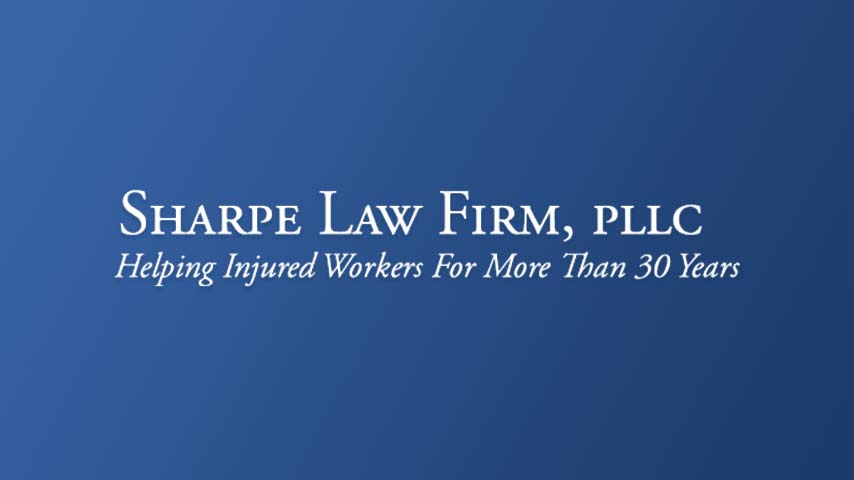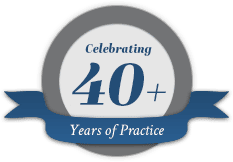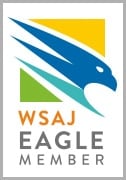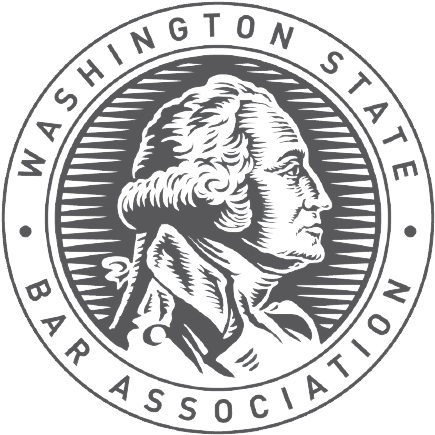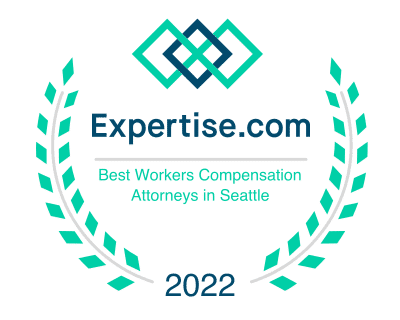What is Nursing Home Abuse?
Nursing home abuse is any action or neglect which harms patients in long term care. Harming an elderly person is abuse.
Abuse to vulnerable adults is just plain wrong. You place the care of your loved one in the hands of a professional organization and trust them to do the right thing. They put profits before patients, and bad things follow.
Washington law protects vulnerable adults. Nursing home abuse and neglect occur too often. It happens in many different ways. If your loved one suffers any kind of neglect or abuse in a nursing home or assisted living facility, Washington State law provides the right to remedy this wrong.
The Facts About Nursing Home Abuse
According to the World Health Organization (WHO), over the past year, approximately 1 in 6 people over the age of 60 experienced some form of abuse in community settings. The WHO also cited one US study suggesting that elder abuse cases have increased by as much as 84% since the beginning of the COVID-19 pandemic.
| Type of Abuse | Reported by older adult | Reported by older adult and their proxies | Reported by staff |
| Overall Prevalence | 15.70% | Not enough data | 64.2% (2 in 3 staff) |
| Psychological Abuse | 12% | 33.4% | 32.5% |
| Physical Abuse | 2.6% | 14.1% | 9.3% |
| Financial Abuse | 6.8% | 13.8% | Not enough data |
| Neglect | 4.2% | 11.6% | 12.0% |
| Sexual Abuse | 0.9% | 1.9% | 0.7% |
Data Source: World Health Organization

Warning Signs of Nursing Home Abuse and Neglect
When you visit your loved one, be alert for any warning signs of abuse and neglect. There are many, including:
- Poor personal hygiene
- Untreated medical conditions
- Bed sores, rashes, or unexplained marks
- Cuts, bruises, broken bones and falls
- Broken bones and sprains
- Unsanitary living conditions
- Signs of malnutrition or dehydration
- Torn, bloody, or soiled clothing
- Smells of urine or feces
- Unkempt appearance
- Unjustified isolation
- Complaints about serious matters
- Sudden changes in behavior
- Rude and humiliating remarks by staff
- Delayed response to calls for assistance
Do not ignore signs that your family member is being abused or neglected. Be aware that many abuse victims are unwilling to speak up. You should immediately be concerned, and take appropriate action, if you see any indication that neglect or abuse is occurring.
Nursing Home and Assisted Living Facility Evictions
Nursing home evictions happen for many reasons. They can be quite upsetting. There are only four valid reasons for an eviction from a nursing home or assisted living facility.
- Medical care required is beyond the ability of the nursing home to provide.
- Nursing home care is no longer needed.
- Patient exhibits bad behavior which endangers the safety and health of others.
- Patient doesn’t pay their bill.
Nursing home evictions can be disputed.
- Appeal wrong decisions.
- Talk to the long term care ombudsman.
- Hire a patient advocate.

Washington State Vulnerable Adult Statute. What is Nursing Home Abuse?
Washington State Law is helpful to vulnerable adults. The Vulnerable Adult Statute provides protection from:
- Abandonment
- Abuse
- Neglect
- Financial exploitation
Vulnerable adults are persons who meet any of these criteria:
- Age 60 or older who “has the functional, mental, or physical inability to care for himself or herself” or
- Found under state law to be incapacitated or
- Has a developmental disability as defined by law or
- Is admitted to any facility or
- Receives “services from home health, hospice, or home care agencies licensed or required to be licensed” under state law or
- Receives services from an individual provider or
- “Self-directs his or her own care and receives services from a personal aide” as defined in state law
This law provides a remedy. One important statutory remedy available is a civil cause of action for damages in RCW 74.34.200:
In addition to other remedies available under the law, a vulnerable adult who has been subjected to abandonment, abuse, financial exploitation, or neglect either while residing in a facility or in the case of a person residing at home who receives care from a home health, hospice, or home care agency, or an individual provider, shall have a cause of action for damages on account of his or her injuries, pain and suffering, and loss of property sustained thereby. (Emphasis added.)
The law provides that a successful plaintiff will receive an award including actual damages and costs of litigation, including attorney’s fees. The costs of a guardian or any experts necessary in the case are included as costs of litigation.
Under RCW 74.34.020(6), facilities covered by the statute include: licensed residences, assisted living facilities, nursing homes, adult family homes, soldiers’ homes, residential rehabilitation centers, and any other facility licensed or certified by the state.
RCW 74.34.020 also defines these important terms:
Abandonment means action or inaction by a person or entity with a duty of care for a vulnerable adult that leaves the vulnerable person without the means or ability to obtain necessary food, clothing, shelter, or health care.
Abuse means the willful action or inaction that inflicts injury, unreasonable confinement, intimidation, or punishment on a vulnerable adult. … Abuse includes sexual abuse, mental abuse, physical abuse, and personal exploitation of a vulnerable adult, and improper use of restraint against a vulnerable adult.
Financial exploitation means the illegal or improper use, control over, or withholding of the property, income, resources, or trust funds of the vulnerable adult by any person or entity for any person’s or entity’s profit or advantage other than for the vulnerable adult’s profit or advantage.
Neglect means a pattern of conduct or inaction by a person or entity with a duty of care that fails to provide the goods and services that maintain physical or mental health of a vulnerable adult, or that fails to avoid or prevent physical or mental harm or pain to a vulnerable adult; or an act or omission by a person or entity with a duty of care that demonstrates a serious disregard of consequences of such a magnitude as to constitute a clear and present danger to the vulnerable adult’s health, welfare, or safety.
If you see signs that any of these situations are happening to your family member or loved one in a nursing home or facility, you should contact us and discuss your concerns.

What to do About Elder Abuse and Neglect
Understand how abuse happens.
Most care facilities operate as for-profit companies. Some of them put their finances ahead of patient care and safety. Therefore, many problems in nursing homes occur because of inexperienced workers and staffing shortages. Those circumstances create an atmosphere where patient neglect and abuse are too common.
File a Report with Adult Protective Services.
DSHS has an adult protection services department. They can take a report, assess the situation, and get involved if they so choose. If you suspect abuse or neglect of any form, contact the Washington Department of Social and Health Services (DSHS) adult protection services department. Once you report nursing home abuse and neglect, DSHS will assess the situation, ensure jurisdiction, investigate, and get involved if they deem it appropriate.
You can Sue a Nursing Home for Negligence. Discuss Your Case with a Reputable Nursing Home Abuse Lawyer
Get legal advice. Both the facility and its employees may be liable in a nursing home abuse case. Pursuing a civil action requires not only investigating the facts surrounding your loved one’s treatment, but often also means gathering information to evaluate the facility and its practices, as well as the staff. Looking at previous lawsuits, safety inspection violations, and speaking with other residents can provide a goldmine of helpful information.
The statute is very specific about what constitutes abuse or neglect. Determining whether the circumstances in your loved one’s case meet the criteria for filing an lawsuit under the Vulnerable Adult Statute requires investigation and evaluation. Sometimes, experts are necessary to conduct a full evaluation.
If you believe your family member or loved one has suffered abuse in a nursing home, assisted living facility, or other long-term care facility, talk with us. These are serious claims. We can provide professional legal advice about filing a lawsuit or petitioning for a guardianship.
You won’t pay anything to talk with us. You don’t have to hire us. You do have to call or email us if you want to learn about how to protect a vulnerable adult.



